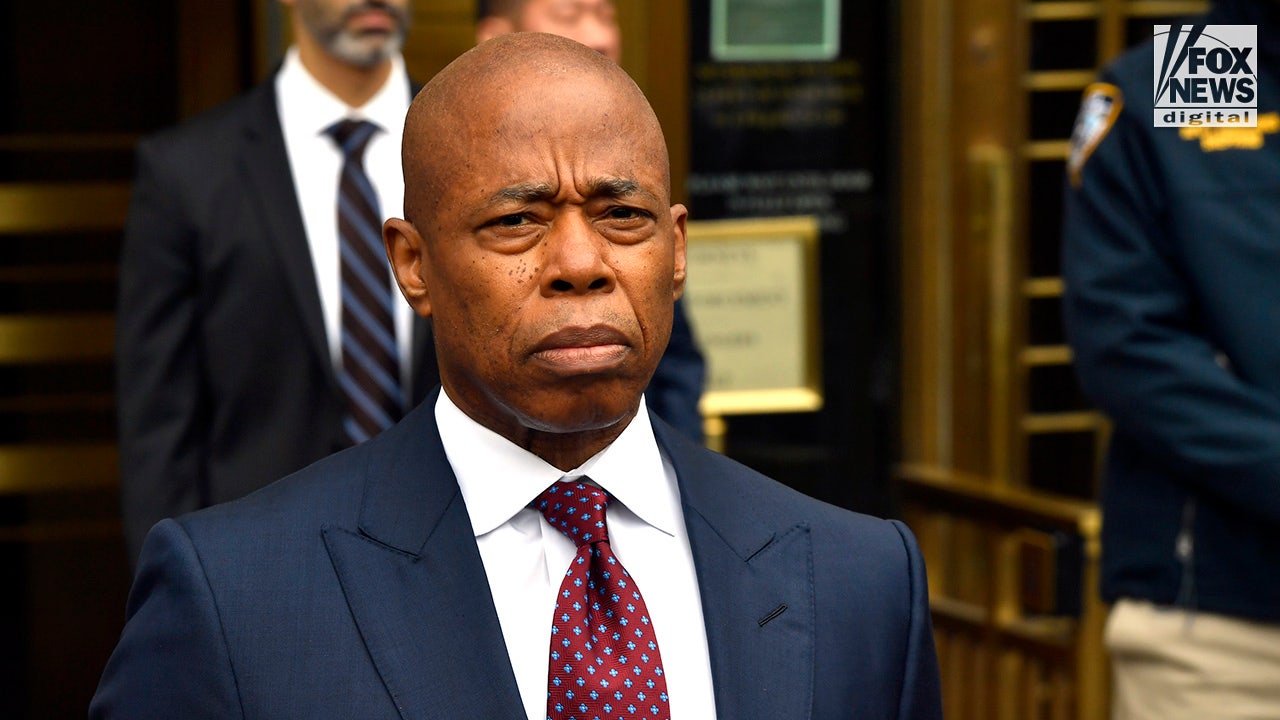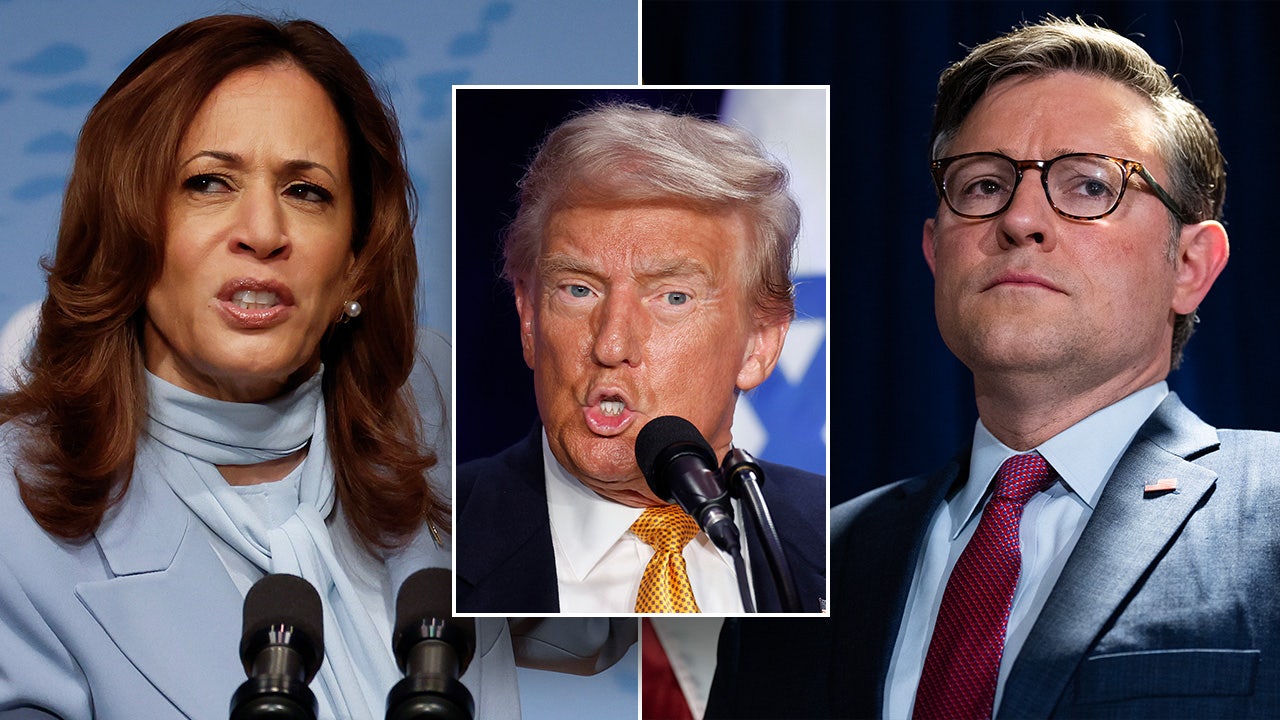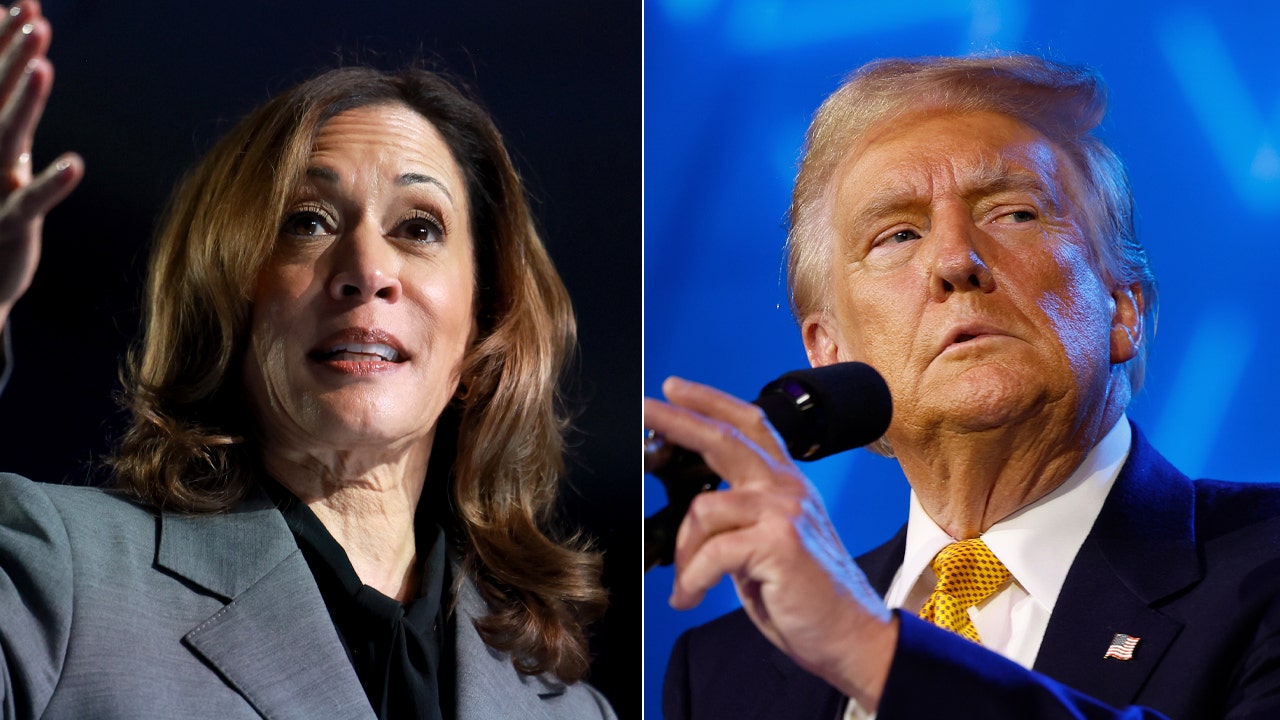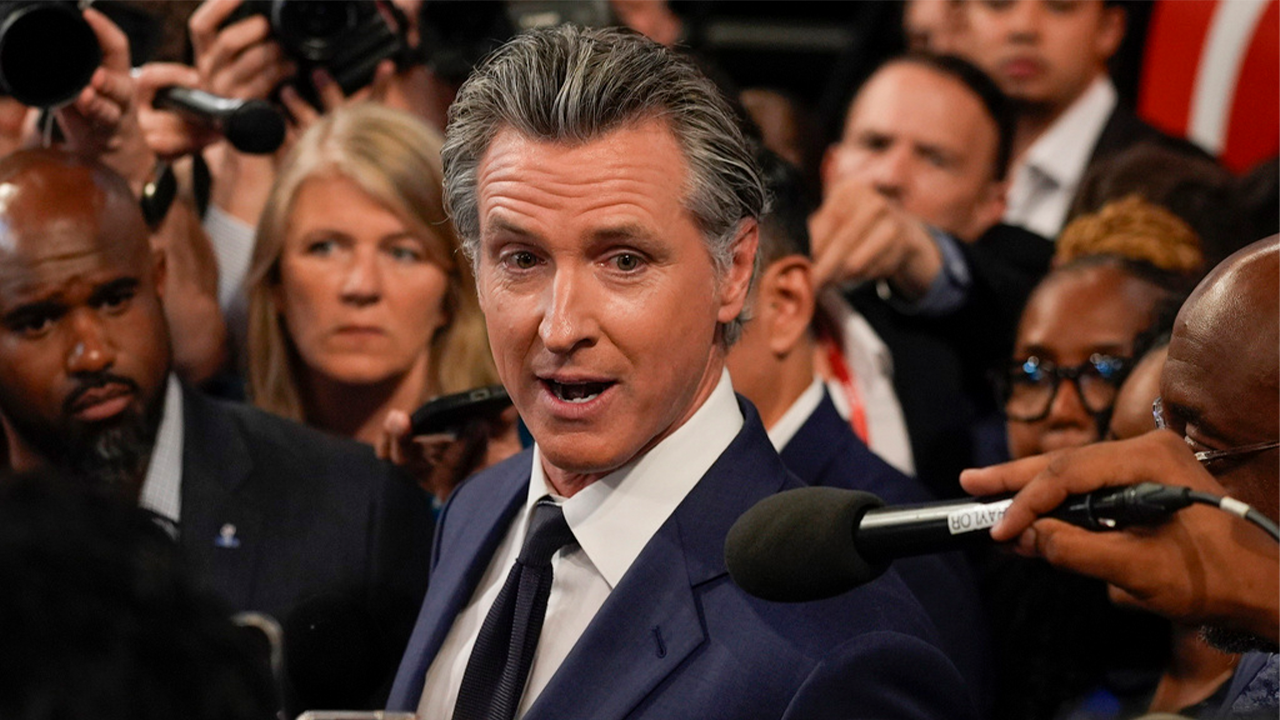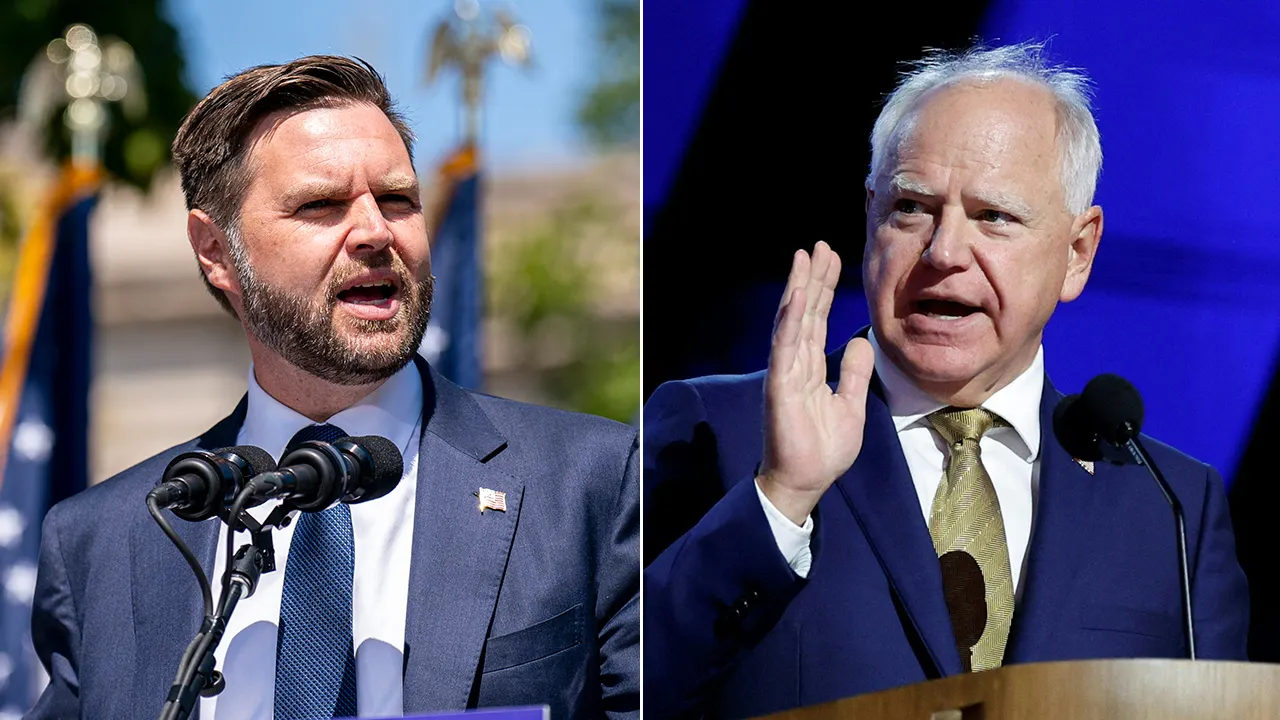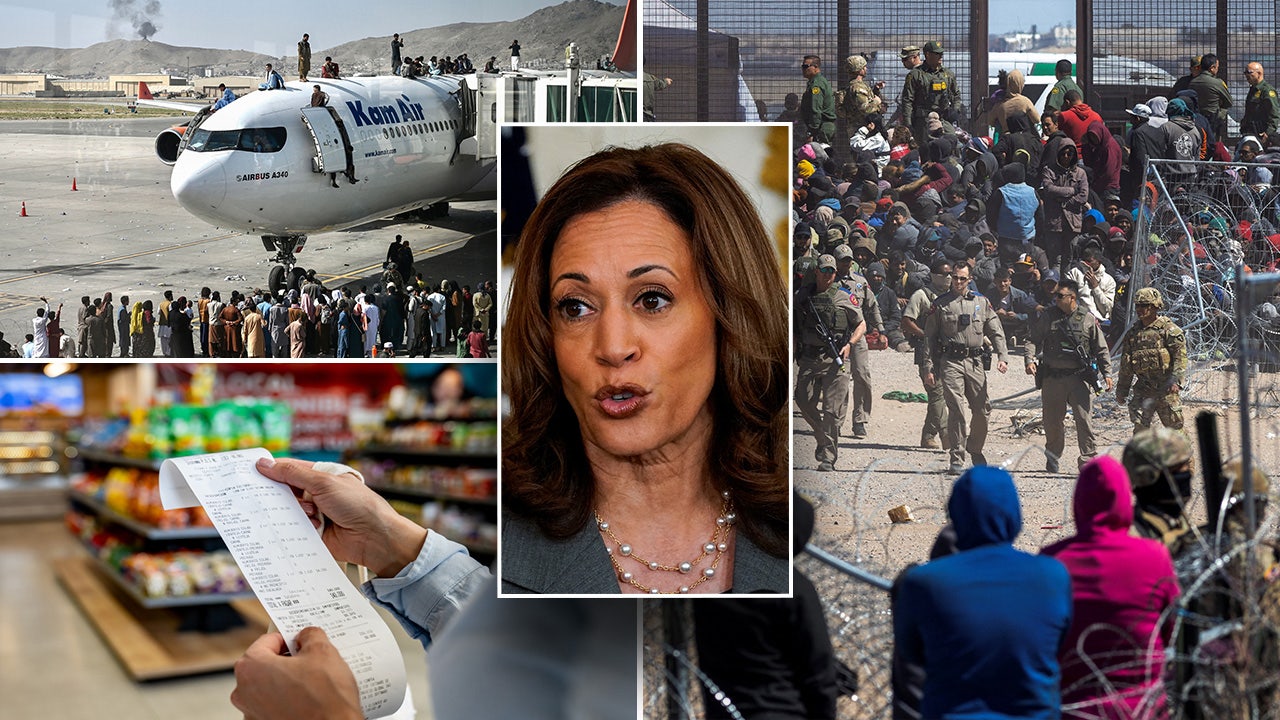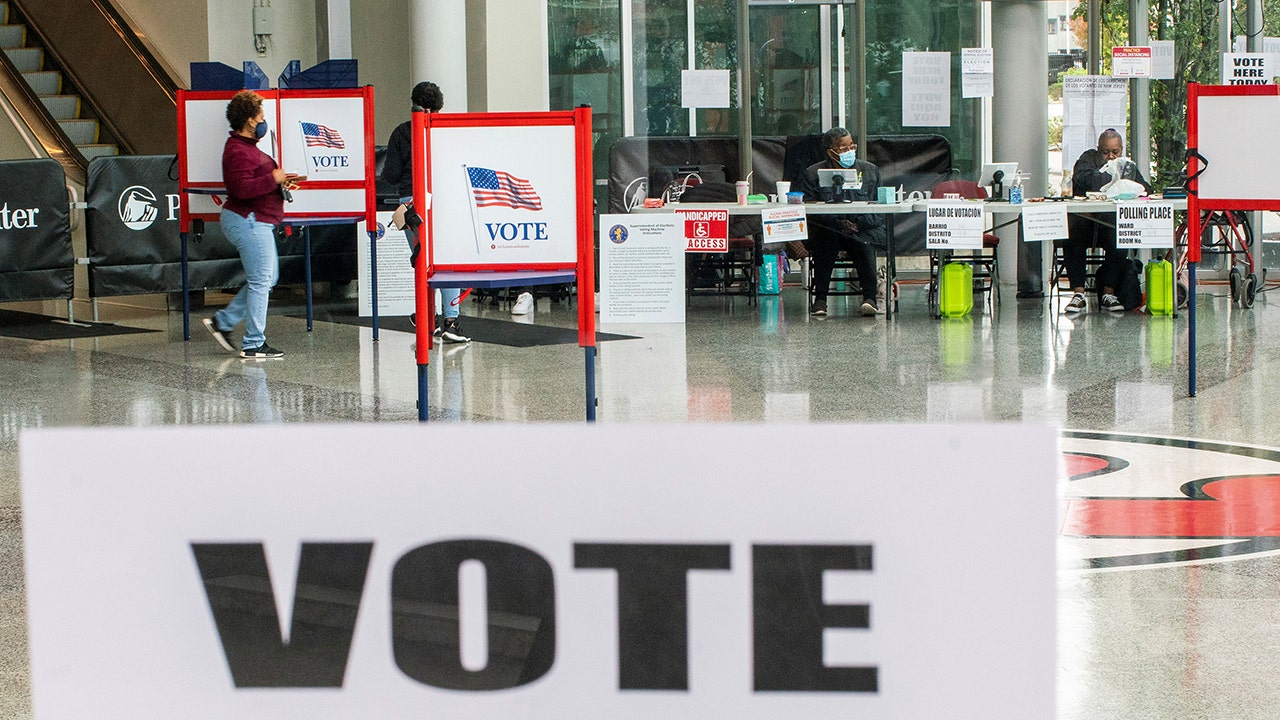The halls of Congress will be empty the next six weeks as lawmakers brace for a very different situation in Washington — and potentially in the United States — when lawmakers return after Election Day.
The House and Senate are in recess until Nov. 11.
The break gives vulnerable legislators ample time to campaign before voters head to the polls on the first Tuesday of November. Leaders on both sides of the aisle, meanwhile, are busy making plans for the final weeks of the 118th Congress, known as the “lame duck” session.
When lawmakers file back in, it will be on the cusp of a new presidential administration and possibly a new balance of power in Congress.
DOES IRAN’S HACKING OF THE TRUMP CAMPAIGN PROVE THEY WANT KAMALA HARRIS TO WIN THE ELECTION? EXPERTS WEIGH IN
They’ll also spend the bulk of their time during the five weeks in session between Election Day and the end-of-year holidays wrestling with at least three deadlines.
Federal funding for discretionary government programs — those controlled by Congress’ annual appropriations process, unlike mandatory programs including Social Security, Medicare and certain state and local government payments — will dry up by Dec. 20 if lawmakers fail to reach an agreement before then.
The deadline originally lined up with the end of the fiscal year Sept. 30, but Congress punted that fight with a short-term extension of the current year’s federal funding levels.
The way that battle plays out will depend heavily on which party controls Congress and the White House next year.
IRAN TRIED TO INFLUENCE ELECTION BY SENDING STOLEN MATERIAL FROM TRUMP CAMPAIGN TO BIDEN’S CAMP, FBI SAYS
“I want to win the election overwhelmingly so we’re in a position to negotiate for all the stuff that has to be done, and winning sets us up for a successful negotiation,” House Administration Committee Chairman Bryan Steil, R-Wis., told Fox News Digital.
It’s likely that if former President Trump wins, Republicans will push for another extension into the new year to give the incoming commander-in-chief control over fiscal year 2025 federal spending.
The House GOP majority will likely be more inclined to take an active role regarding government funding if Vice President Kamala Harris wins, though it’s unclear how successful any effort will be considering it’s likely to meet significant resistance in the current Democrat-controlled Senate.
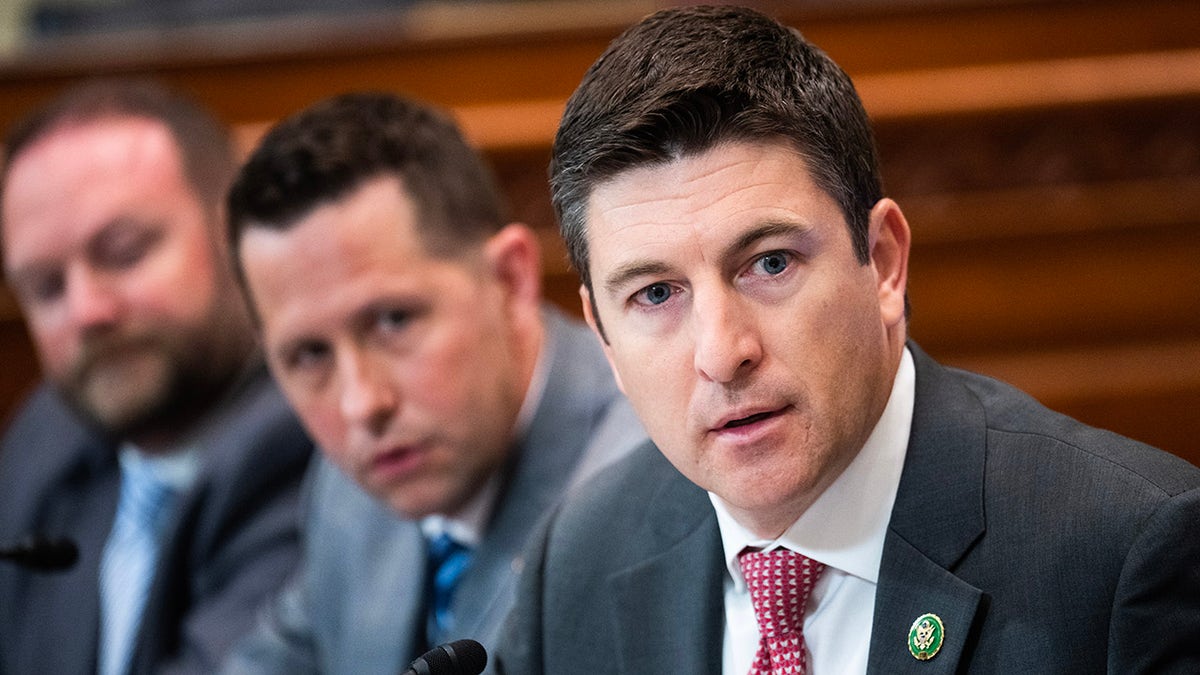
Congress will also have to wrestle with a new National Defense Authorization Act (NDAA), which sets military and national security policy annually.
Steil contends defense spending and policy, in particular, should take priority when lawmakers return.
“Our adversaries are working against U.S. interests across the globe, and they’re doing that because they see the weakness of the Biden administration’s foreign policy,” Steil said. “So, our need to come back with a strong defense bill to protect our troops, in the interest of national security, is going to be absolutely essential.”
Another key battle on the horizon is the annual farm bill, a broad piece of legislation setting American food and agricultural policy that must be renewed every five years.
The farm bill affects federal food benefits, crop prices and forestry conservation, among other issues.
HARRIS-TRUMP SHOWDOWN: THE EDGE IS CLEAR ON THIS KEY ISSUE
Congress last year extended the 2018 farm bill through the end of December 2024.
Steil said he was optimistic Congress could authorize a new farm bill, noting its importance to the agriculture industry in his state and others.
Meanwhile, Rep. Andy Ogles, R-Tenn., a member of the ultra-conservative House Freedom Caucus, told Fox News Digital he wanted to see his chamber prioritize the fiscal year 2025 funding process.
“We’ve got to recommit to going through the appropriations process, go ahead and get all that moving so we can be successful next year,” he said.
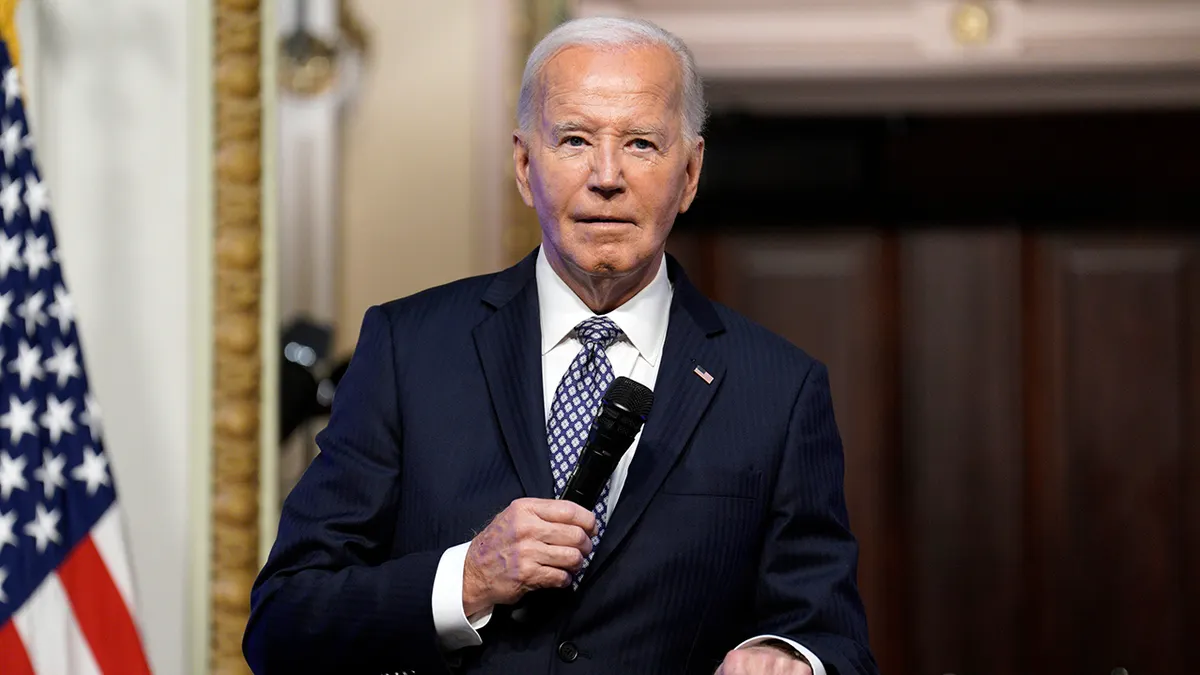
Ogles added, however, that he wants House Republicans to avoid putting their 12 annual appropriations bills into a massive “omnibus” spending bill in December, which the GOP argues furthers government bloat while reducing transparency.
House GOP leaders have insisted they will not advance an omnibus spending bill.
But some senior Republicans said they would rather finish the appropriations process this year to leave a clean slate for a new administration.
“I would hope whoever the next president is, whether it’s Vice President Harris or, as I expect, former President Trump, that person decides to make this administration and this Congress do their job,” House Appropriations Committee Chairman Tom Cole, R-Okla., told reporters. “I don’t think we should, because we can’t do our job in this Congress, give them a government shutdown crisis [in the first] couple of months. It’s just irresponsible.”
Read the full article here





